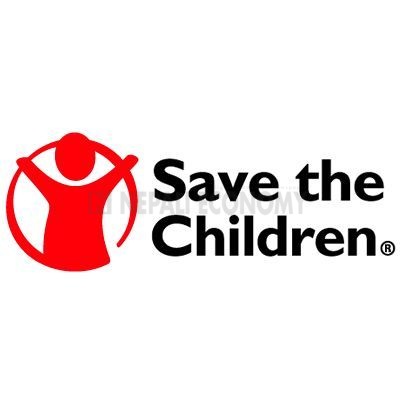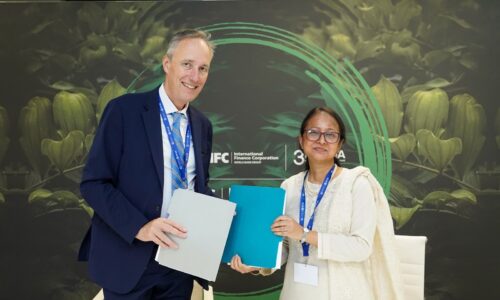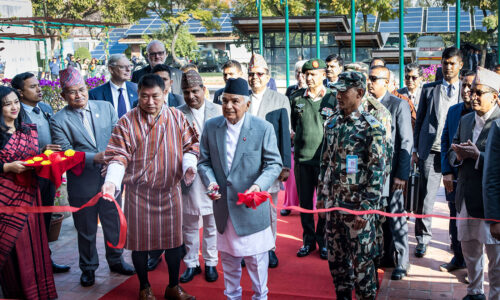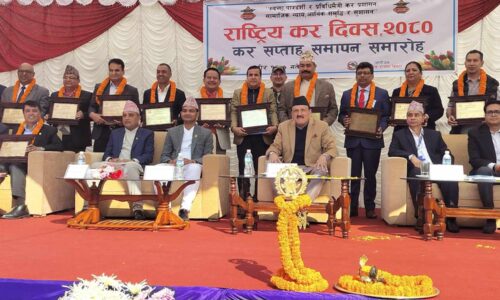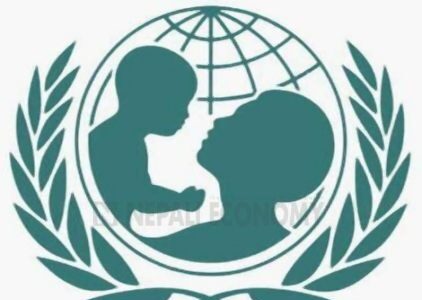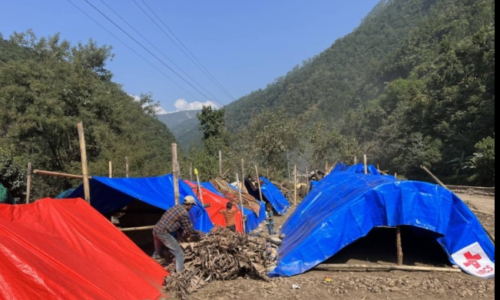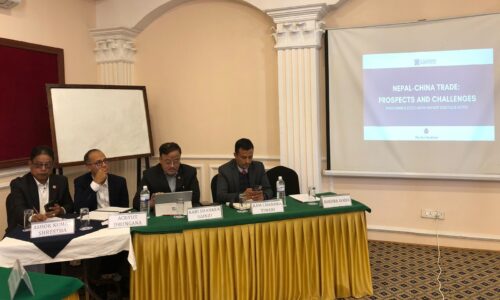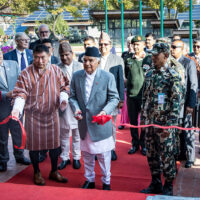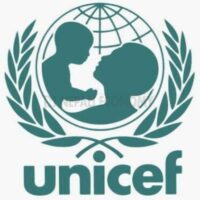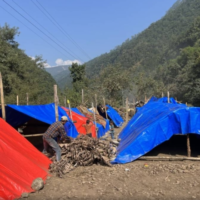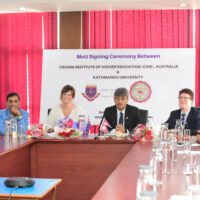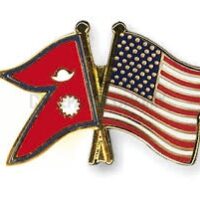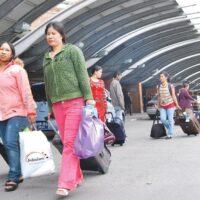Nepal rose five spots on the Mothers’ Index 2015 from a year ago, according to a survey.
Nepal’s ranks 116th in Mothers’ Index 2015, out of a total 178 countries, said the Save the Children report released globally today.
Nepal has overtook Bhutan to climb the ladder, it said, lauding Nepal’s progress referring the country as ‘one of the toughest places in the world to be a mother’. Nepal’s ranking in the Mothers’ Index was in the bottom 10 in 2000, 2002 and 2005.
“The country, however, still lags behind SAARC countries like Sri Lanka (89th) as communities in many parts of Nepal continue to suffer from food insecurity and recurring emergencies,” the statement said, revealing that maternal and child mortality in the most challenging countries of the world can be dramatically cut when efforts are made to improve services for mothers and children. “In Nepal, maternal mortality decreased by more than two-thirds, child mortality cut by half, expected years of schooling increased by 3.6 years, gross national income per capita tripled and the percentage of women in parliament increased 4.5 times over the past 15 years.”
The index is a part of the children’s aid agency’s annual State of the World’s Mothers report. The fifteenth edition of the report also compared 178 countries around the globe, showing which are succeeding – and which are failing – in saving and improving the lives of mothers and their children.
Finland has been ranked the best place to be a mother for the second consecutive time, while Somalia came in last, the report added.
“Nepal has been consistently rising on the index, with dramatic cuts in maternal and child mortality after the civil war ended in 2006,” the statement quoted David Wright, country director for Save the Children in Nepal as saying. “This is a result of strong political will and willingness to invest in healthcare for mothers and children. However, at 116th position, Nepal still has a long way to go in ending preventable child and maternal deaths, especially for the poorest and hardest to reach population.”
As per the data of the Save the Children, one in 24 children die before their fifth birthday, 60 per cent of those within the first 28 days of life, many from easily treatable conditions if they had access to a skilled health worker.


